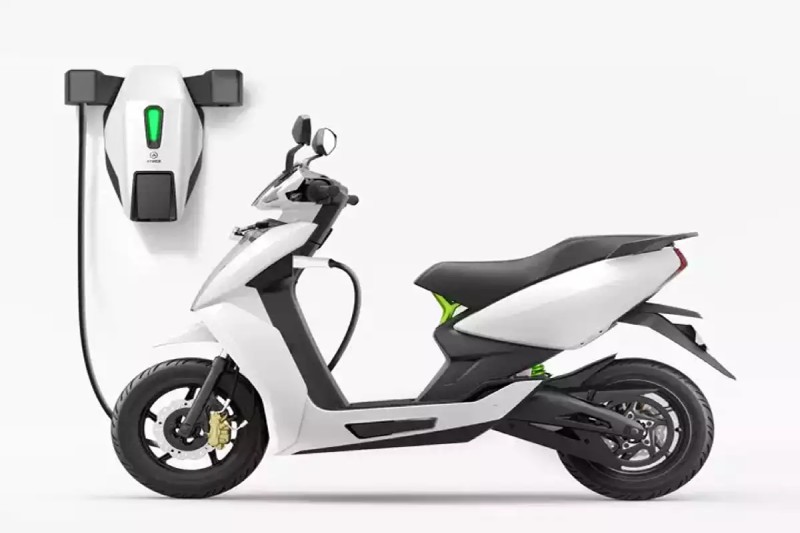
India Has Over 150 Electric Two-wheeler Firms As The Government Intensifies Its Push For EVs
- Business
- March 20, 2024
Based on government incentives to promote clean vehicles and reduce oil imports, the number of startups in India’s electric two-wheeler sector has increased to over 150 from 54 in 2021, according to a recent analysis.
According to a report released by Bernstein late on Tuesday, the influx has increased competitiveness in a market area that is predicted to expand 15-20 times to yearly sales of 15-20 million devices over the next 10 years.
“Most are competing in the mainstream, and 85% of the 65 models launched last year were such products: high-speed as against speed and range-constrained products, which used to be a feature of the startups,” Bernstein analysts wrote. “The average battery capacity for new launches increased from 2.3kWhr in 2022 to 3kWhr.”
India wants to attain net zero carbon emissions by 2070 and 30% electric vehicle penetration by 2030. Through its recently extended FAME II program, which offers purchasers rebates, the government has made incentives available until 2024.
The number of electric two-wheeler companies increased from 124 in June 2023 to 152 by January 2024, despite a decline in FAME II subsidies in mid-2023, according to Bernstein. A large portion of this increase was attributed to “importers” who sourced parts or complete vehicles from outside.
“Most of these are just assembled kits from China,” said Kunal Khattar, founder of mobility-focused venture firm AdvantEdge. “Getting an EV product out the door is not expensive. It’s the brand building and distribution that folks underestimate.”
Seven of the top ten positions are occupied by startups at the moment, with Ola Electric, the market leader (which also intends to go public shortly) with a 39% share as of January 2024. However, the top five players account for almost 85% of total sales volumes.
According to Bernstein’s analysis, electric two-wheelers with widely available components and models that were outsourced have minimal entry barriers. Of the 35 founders they examined, just roughly half had engineering backgrounds.
Production-linked incentives (PLI) are being adopted by the government to support domestic industry. Only a small number of startups were eligible for PLI, meaning that the majority of well-known automakers may have had a financial benefit, according to Bernstein.
The research predicts that at least five startups will eventually overtake more established businesses as significant players in the market, but it also warns that fierce competition may keep industry profit margins and returns low in the medium run.